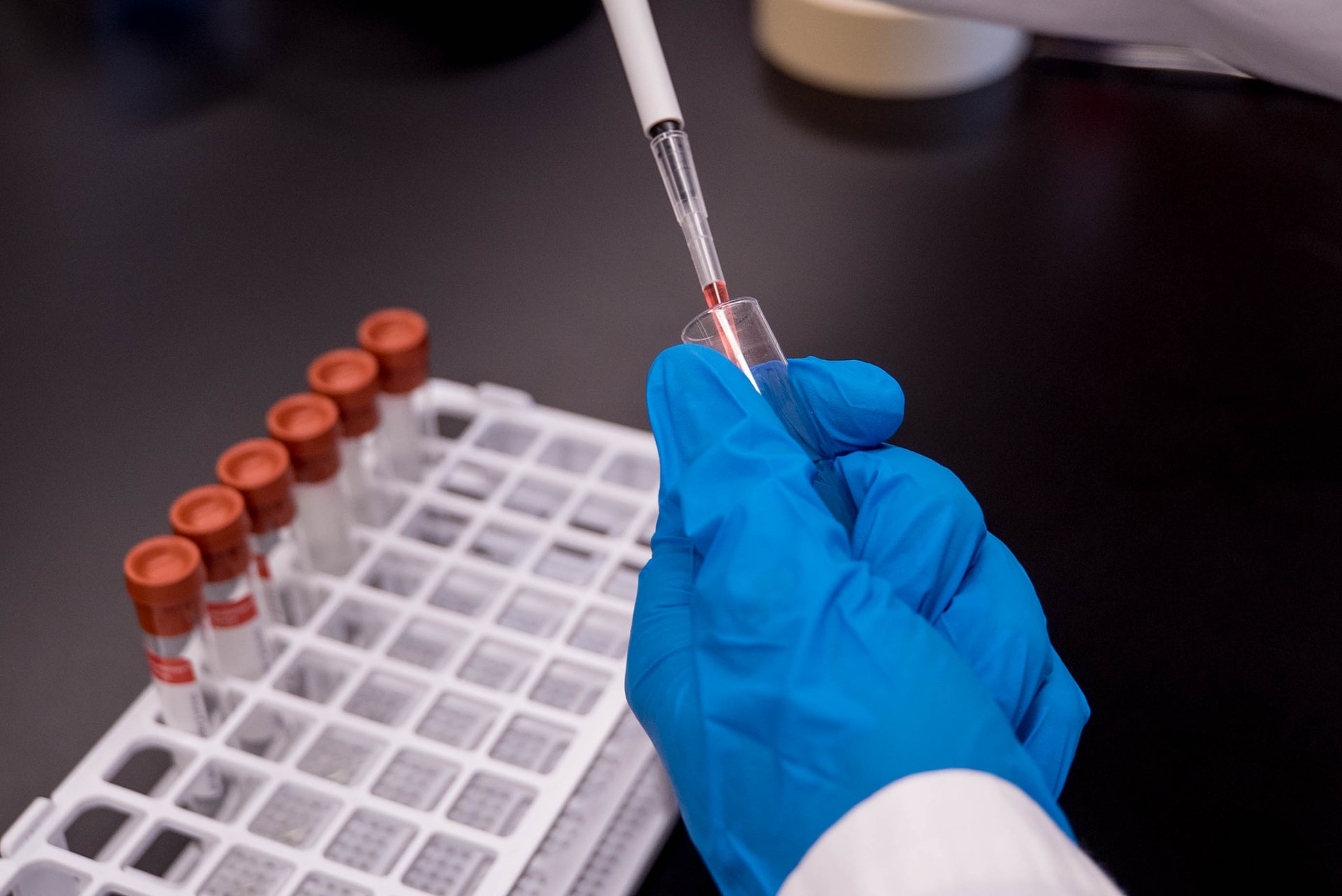The US Food and Drug Administration (FDA) has given a green light for the University of Florida (UF) College of Pharmacy to begin clinical trials of an anticancer drug under development — the first such authorization for a drug of its kind.
The drug, known as DT2216, is said to act on leukemia, lymphoma, and other tumors as it targets a protein called B-cell lymphoma-extra large (BCL-XL), which aids in the growth of cancer cells, making them resistant to therapy.
University researchers successfully created the new anticancer medicine through the use of PROTAC-reliant technology. These are small molecules that help cells break down cancer-promoting proteins rather than just holding them in check.
Through various demonstrations, researchers showed how DT2216 — sometimes aided by other medicines — restrained the growth of T-cell lymphoma, drug-resistant breast and small cell lung cancers, as well as T-cell acute lymphoblastic leukemia.
Medical Milestones
With the FDA allowing the drug to proceed to clinical trials, it becomes the first PROTAC drug — and the first BCL-XL-targeted PROTAC — developed by an academic institution to ever reach such a stage.
“We started a great journey about six years ago to develop safer and more effective therapeutics for cancer, and we hope cancer patients can eventually benefit from our research,” said UF College of Pharmacy Pharmacodynamics Professor Daohong Zhou.
Guangrong Zheng, an associate professor of medicinal chemistry in the UF College of Pharmacy who directed the research with Zhou added, “I feel incredibly proud of what we’ve achieved as a team of postdocs, students and lab technicians working on this project.”
DT2216 will be available to selected patients in April or May of this year. However, the team has already started the second phase of its research, which includes PROTACs that target BCL-2, another cancer-promoting protein.



